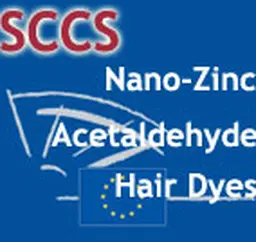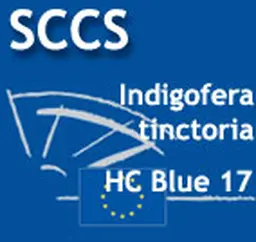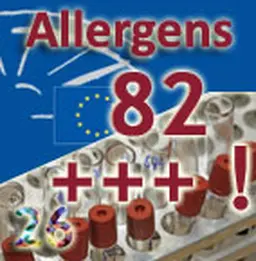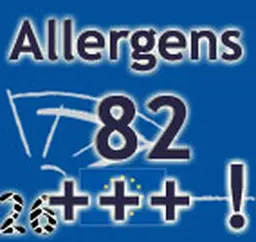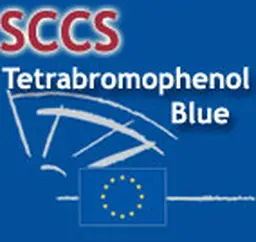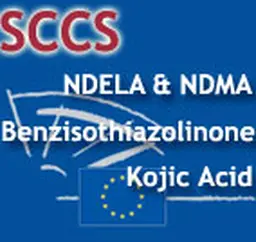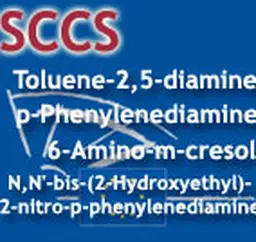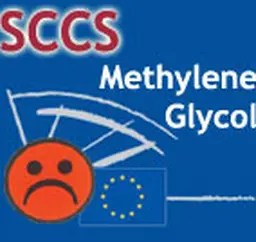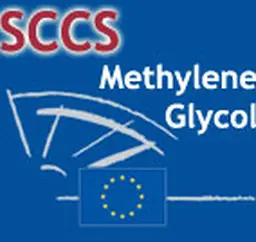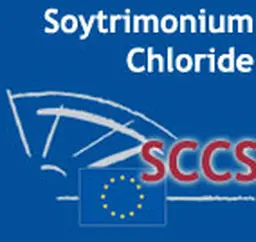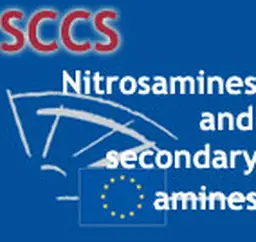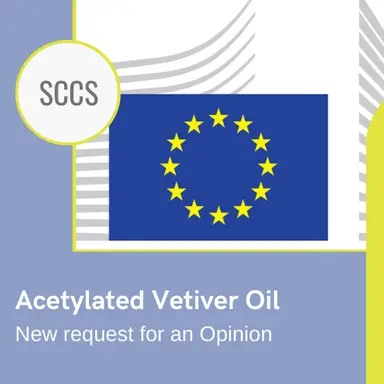
In its previous Opinion on Acetylated vetiver oil, the SCCS (Scientific Committee on Consumer Safety) indicated that, due to a lack of data, inhalation toxicity had not been assessed, thereby closing the door on the use of the substance in spray products. The industry having provided the necessary information, the European Commission is now asking the Scientific Committee to re-examine this point.
Background
Vetiver oil is produced for the fragrance industry by distillation of fresh or dried roots of Vetiveria (Chrysopogon) zizanioides originating from different geographical areas. The Vetiver oil is subject to further processing to obtain Acetylated Vetiver oil - AVO (CAS No.84082-84-8, EC No.282-031-1).
In June 2019, the Scientific Committee on Consumer Safety (SCCS) adopted a corrigendum to its Opinion on Acetylated Vetiver Oil - AVO (SCCS/1599/18). More specifically, the SCCS considered the use of Acetylated Vetiver Oil with 1% alpha-tocopherol as a fragrance ingredient in cosmetic leave-on and rinse-off type products as safe (at the concentrations proposed by IFRA).
However, the SCCS noted that “Inhalation toxicity of Acetylated Vetiver Oil (AVO) was not assessed in this Opinion because no data were provided. Assessment of the inhalation risk would be needed if AVO was intended to be used in sprayable products.”
On 31 March 2023, industry submitted a new safety dossier focusing on the inhalation toxicity of AVO in sprayable cosmetic products to address the SCCS concerns. According to industry, typical cosmetic applications of AVO that may lead to inhalation exposure include fine fragrance pump sprays, deodorant sprays, hairsprays, and body lotion sprays with Intended Maximum Concentrations (IMCs) of …

